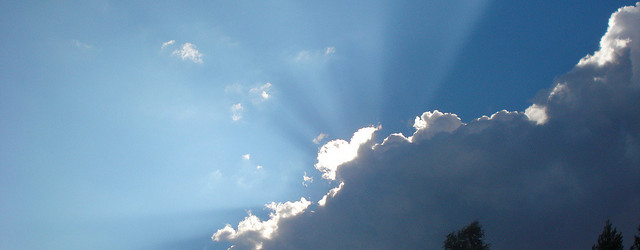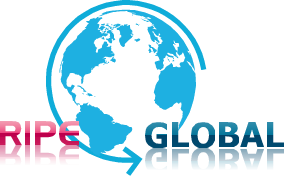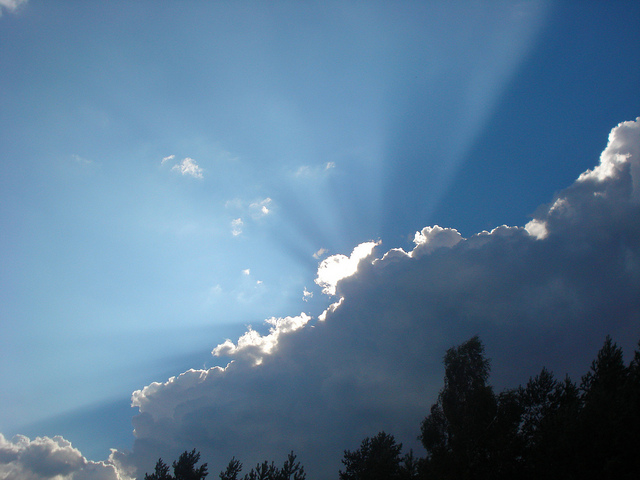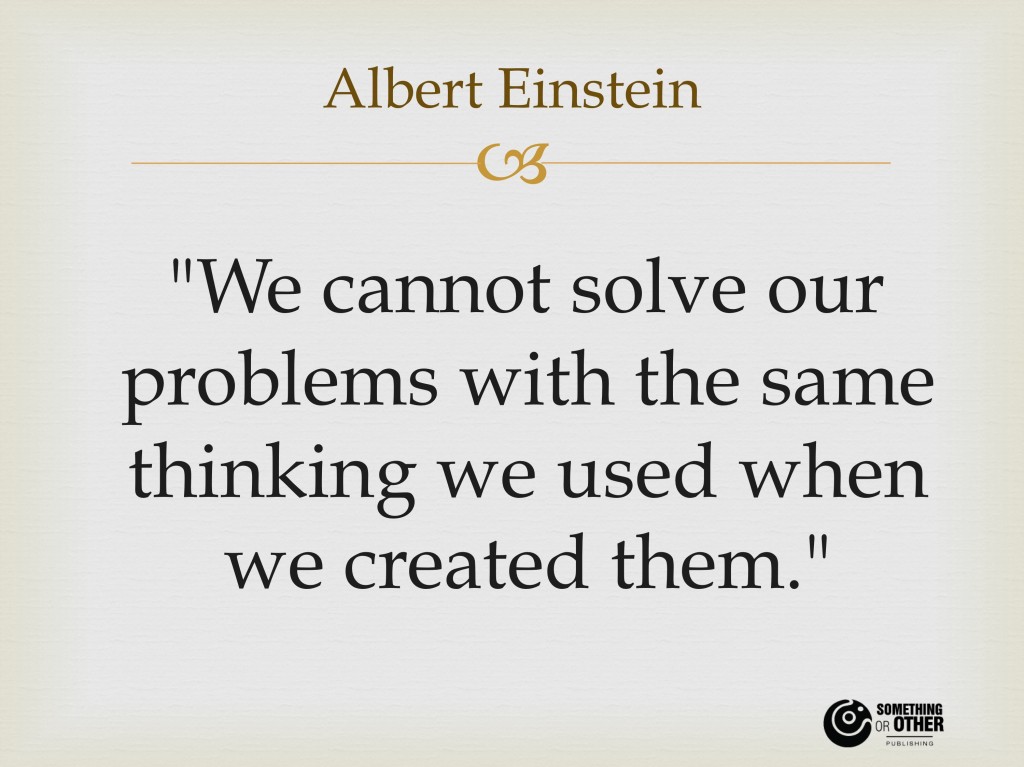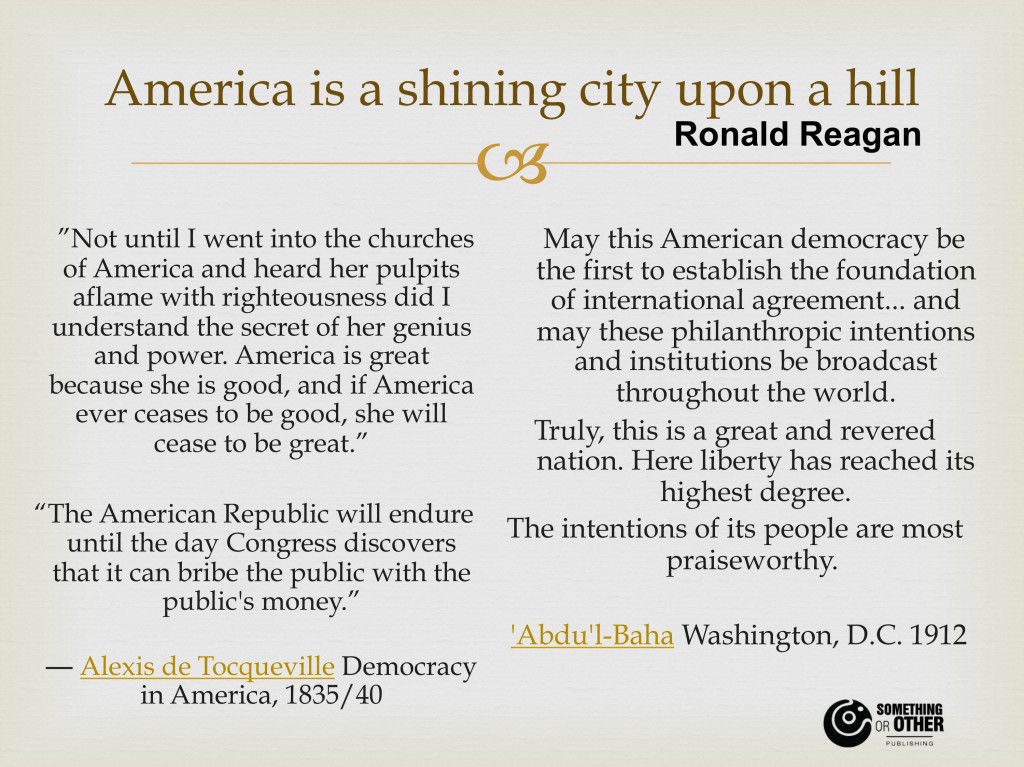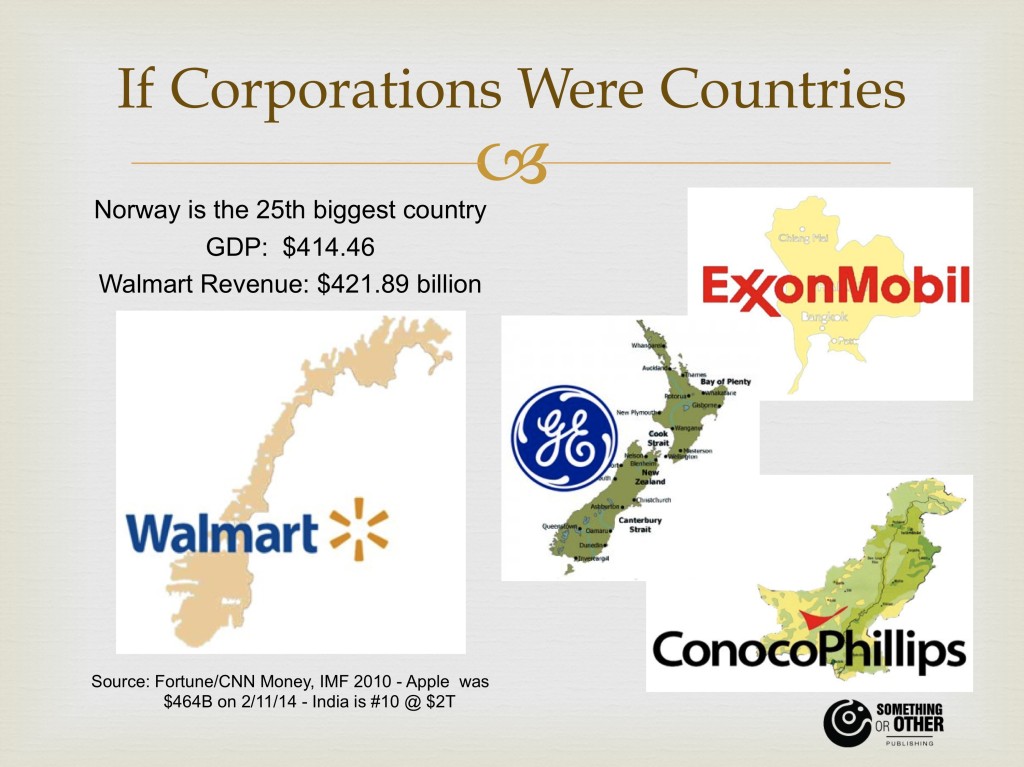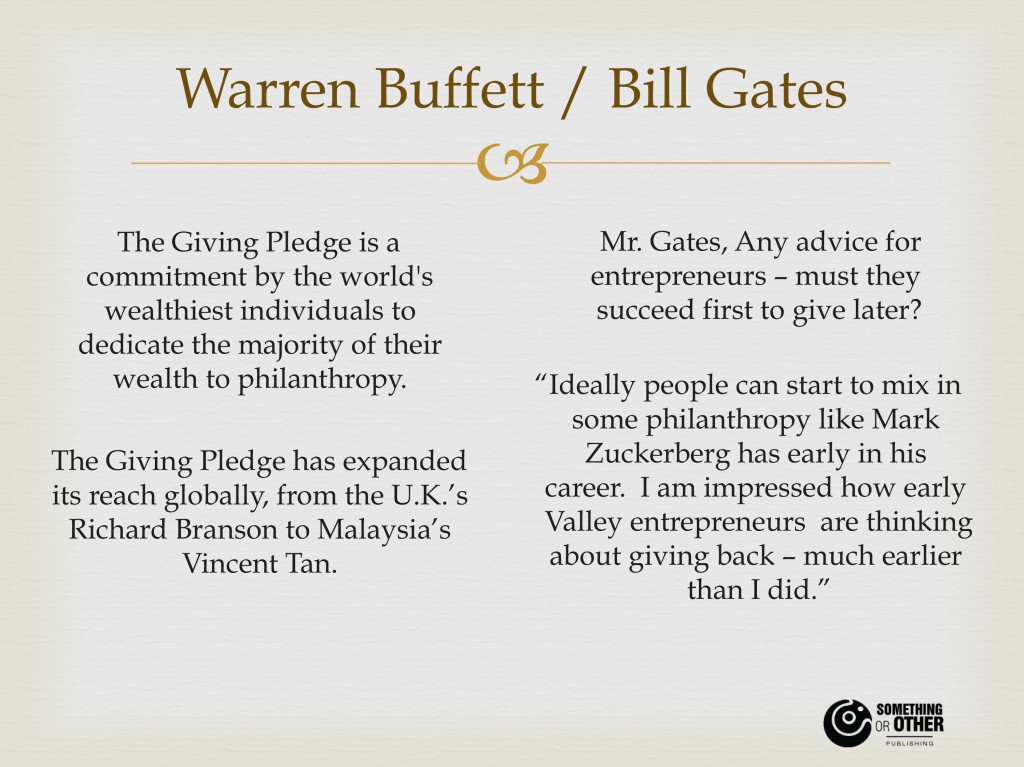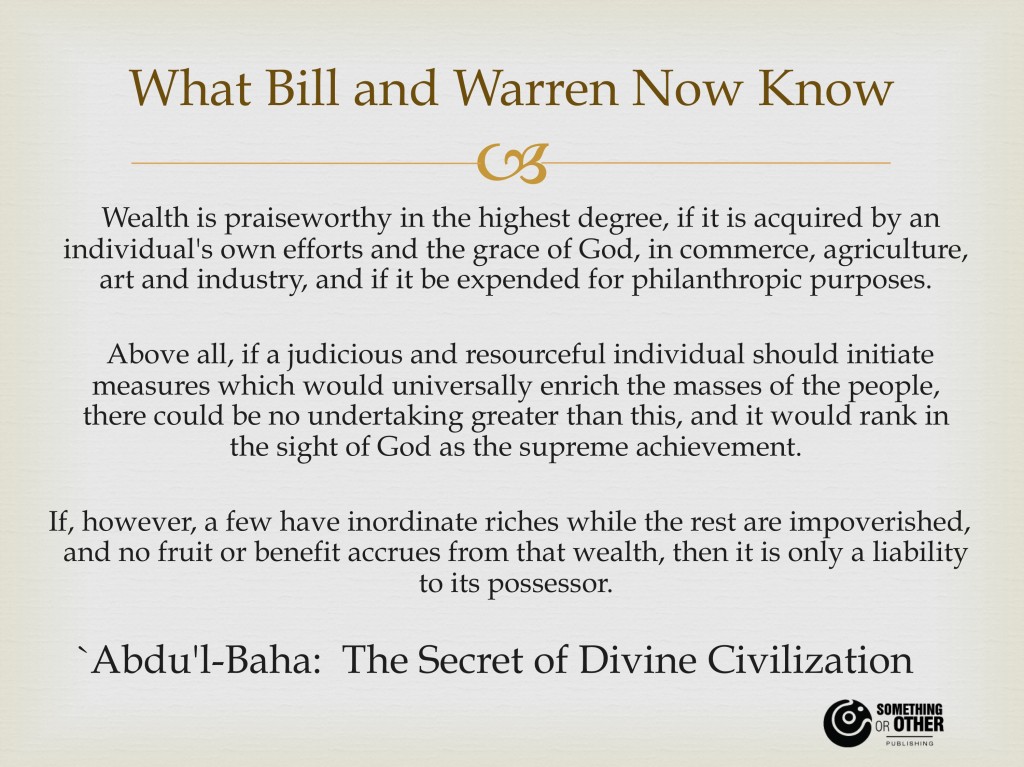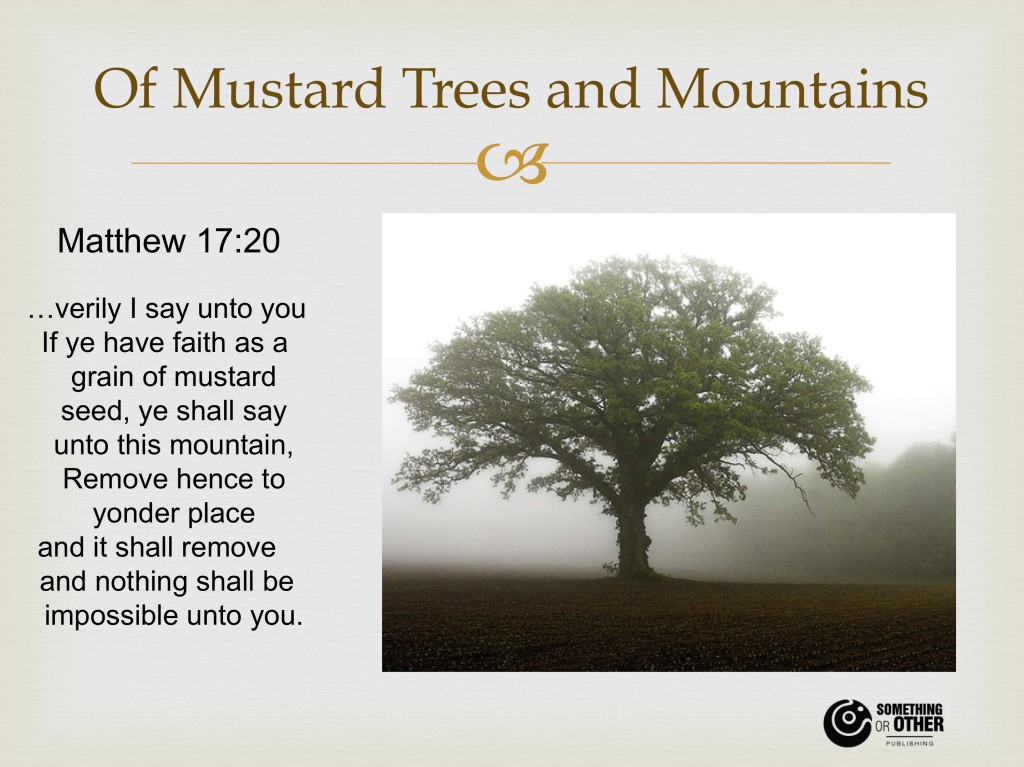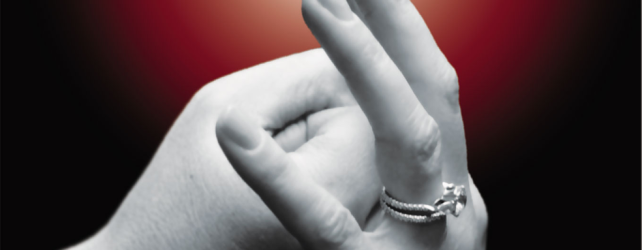I’m currently in Chennai, India, where I’m speaking at a series of five “West Meets East” conferences sponsored by RIPE Global, on different themes under the banner of Positive Spiritual Consciousness.
Here’s what’s happened so far here…
Friday night I spoke to the audience assembled for the inauguration by Governor Konijeti Rosaiah (of the state of Tamil Nadu). In my remarks, I called on the media to practice their sacred duty of detachment by reporting on the news factually and objectively.
After my speech, I was interviewed by local television, and in the morning, a Tamil newspaper reported that the Governor “launched The Hardness of the Heart” (the second book in my trilogy).
Yesterday, I addressed the attendees at an awards ceremony, which included a number of distinguished guests and celebrities. I was able to provide signed copies of The People of the Sign to the three lifetime achievement award winners — all of whom also rose above challenging childhood circumstances, and worked to integrate their spiritual understanding with their material progress.
After the awards ceremony, I was asked to be the honored guest and expert at a taping of the pilot for a new reality show called “We Think, We Act.” The show celebrates the contributions of ordinary individuals in service to their fellow citizens and the betterment of society. In my comments, I commended their work and highlighted how it serves as an example of what Ghandi, the founder of their nation, called them to do. I also discussed how it was a model of local action serving as an example to the global community.
Tomorrow, I will give my lecture to business leaders on “The Human Heart of Business.”
It’s all quite amazing. My days here are too jam-packed to be able go into more detail just yet, but rest assured I’ll be revisiting my wonderful experiences here as soon as I’m able.
